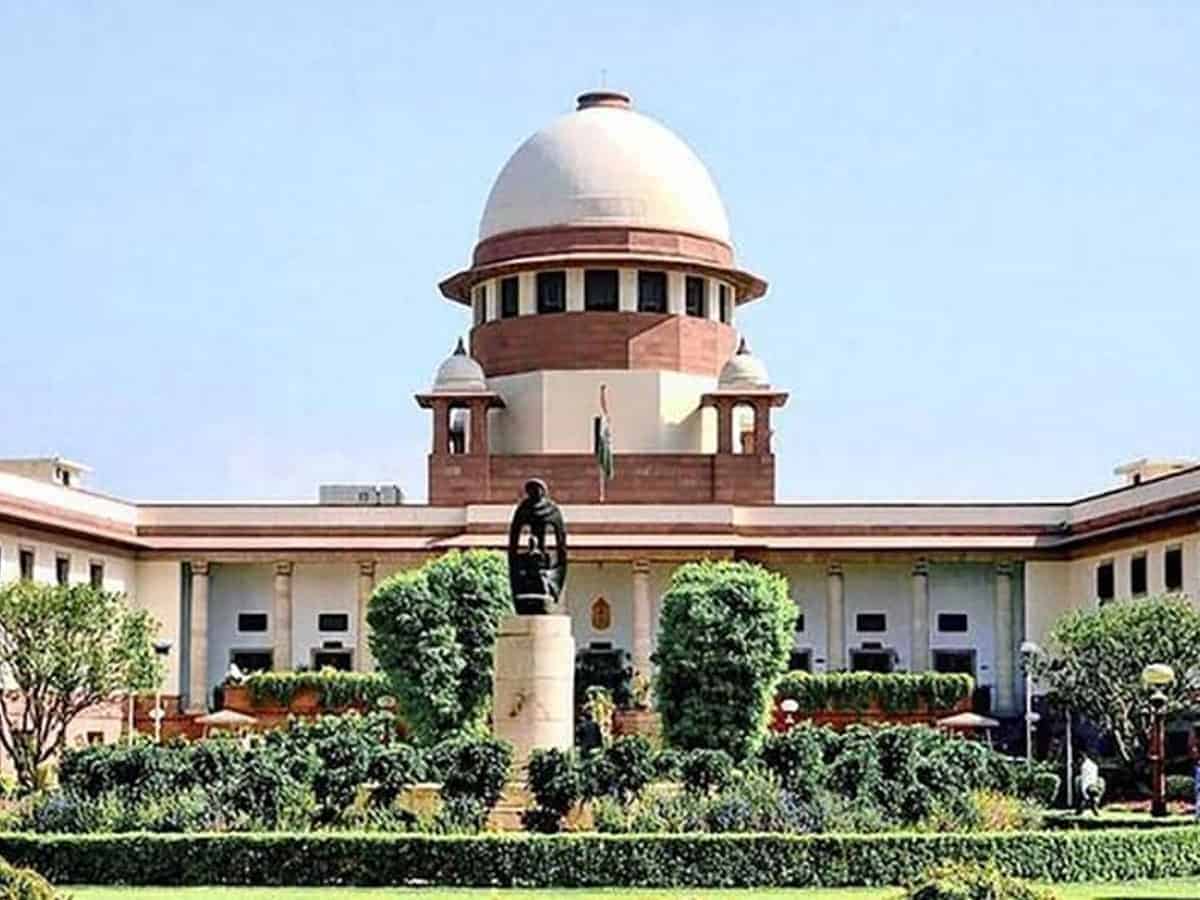New Delhi: A PIL has been filed in the Supreme Court seeking a uniform retirement age for judges of both the apex court and the high courts.
The plea, moved by advocate Ashwini Upadhyay, sought direction from the top court to the Centre to take steps to make the retirement age of judges of high courts and Supreme Court uniform, as it is irrational to have different retirement age for judges of constitutional courts.
“Alternatively, being protector of right to speedy justice guaranteed under Article 21, the Court may use its plenary constitutional power to declare that the judges of high courts shall retire at the age of 65 years until Centre takes steps to reduce the pendency of cases from 15 to 3 years,” the plea said.
The plea said in developed countries, the retirement age of higher court judges varies from 70-80 years. For example, judges retire at the age of 75 years in the UK and Canada and at the age of 70 in Australia, the Netherlands, Ireland, Belgium, and Norway. Moreover, judges works for lifetime in the US, Russia, New Zealand and Iceland, subject to their physical-mental fitness.
The plea contended that uniformity in the retirement age will not only necessary to reduce pendency of cases but it will also attract and retain the best legal talent on the bench. To reduce judicial and procedural errors, India needs more experienced judges, argued the petitioner.
At present, the retirement age for the apex court judges is 65 years whereas for the high court judges, it is 62 years. The plea argued that the judges of the high court will work independently, without any expectation to move to the top court, if retirement age is made uniform.
“Finest lawyers don’t want to become judges of the high courts because instead of continuously giving valuable services to the nation, high court judges are compelled to retire at a very early age i.e., 62 years,” said the plea.
The petitioner argued that uniformity in the retirement age of judges will create a pool of experienced judges in high courts, which will be extremely useful for deciding the cases of extreme importance or which require deep knowledge for interpretation of the Constitution.
According to Upadhyay, the top court’s Registrar granted four weeks to the Centre to file reply in the matter and directed it should be listed before the court.

